|
|
|
|
The COVID-19 pandemic has exacerbated Africa’s food security crisis, leaving many more people hungry. Solving the problem demands creative and lasting solutions. Chris O. Ojiwo sets out one avenue that needs to be explored – ramping up the supply of higher quality seeds. He argues that well-adapted seeds for nutrient-dense crops, like millet, sorghum and groundnut, will boost yields, thereby playing the role of a vaccine against hunger and under-nutrition. But to get there requires dealing with a range of bottlenecks in current seed regimes across the continent, including helping communities manage seed banks.
Former South African president Jacob Zuma has done all in his power to avoid facing a string of allegations against him, including corruption, stretching back over decades. His tactics have included appointing acolytes to key positions in the country’s security and prosecuting agencies while he was president. But, as Roger Southall writes, he might have finally run out of road. South Africa’s Constitutional Court has ruled that he has no option but to appear before a commission of inquiry into grand corruption during his presidency. Zuma has said he won’t abide by the court’s ruling, raising the prospect that he could face prison. The last time
Zuma saw the inside of a cell was as a freedom fighter jailed for his efforts to bring down the apartheid government.
|
Wale Fatade
Commissioning Editor: Nigeria
|

|
|
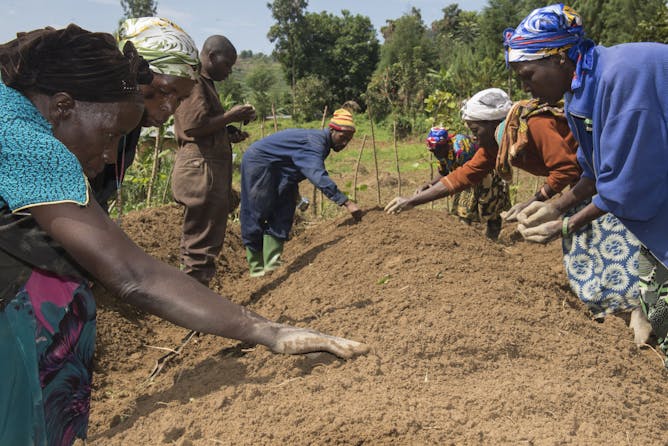
Education Images/Universal Images Group via Getty Images
Chris O. Ojiewo, CGIAR System Organization
Improved seeds can alleviate a food security crisis deepened by COVID-19.
|
|
|
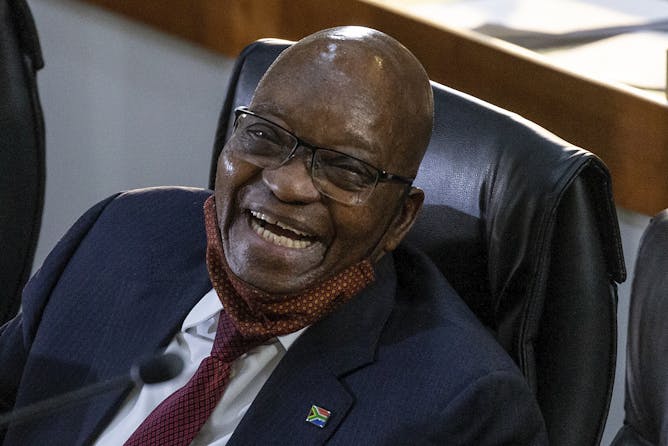
Former South African president Jacob Zuma says he won’t comply with a Constitutional Court order to appear before a commission on corruption.
EFE-EPA/Yeshiel Panchia
Roger Southall, University of the Witwatersrand
Zuma shares ignominy with former US president Donald Trump who, like him, subverted democracy while in office.
|
Arts, Culture + Society
|
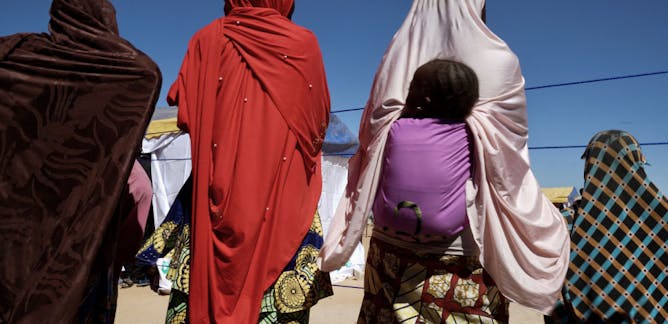
Titilope F Ajayi, University of Ghana
Nigerian women’s experiences of conflict mirror their unequal status and the prevalence of gender violence in and out of conflict.
| |
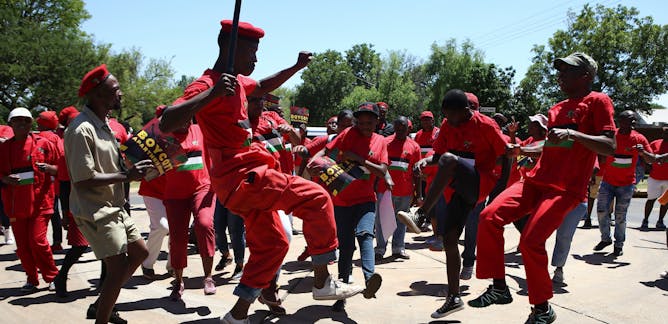
Jocelyn Alexander, University of Oxford; JoAnn McGregor, University of Sussex
South Africa's famous toyi-toyi was adopted from Zimbabwean troops, who learned it in Algeria – showing the interconnected nature of Africa's liberation struggles.
|
|
|
From our international editions
|
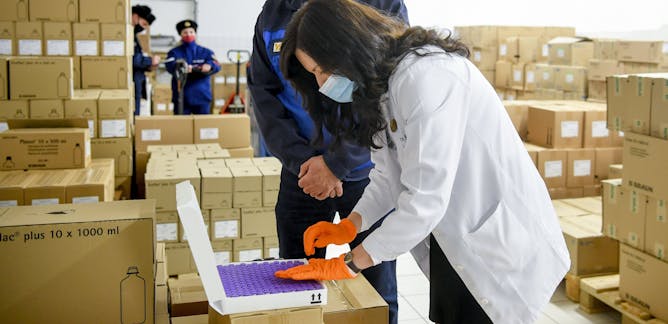
Roderick Bailey, University of Oxford
Selfishness was also a problem when the world was developing vaccines for swine flu and bird flu.
| |
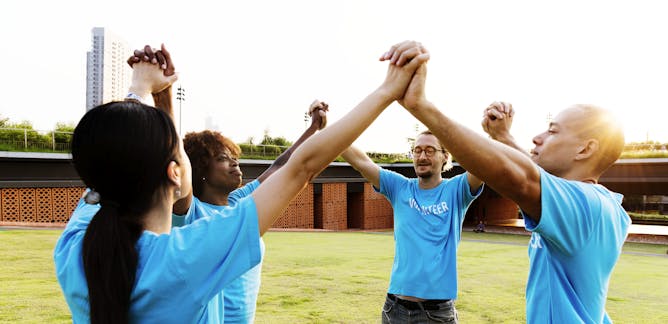
Brent McKnight, McMaster University; Julie Gouweloos, McMaster University
The COVID-19 pandemic shone a light on how non-profit organizations operate and how they're funded. Is it enough to boost non-profit sector capacity to address social inequities post-pandemic?
|

Bhavani Shankar, University of Sheffield
While new Indian agricultural reforms are ostensibly aimed at empowering farmers, there are fears they will have the opposite effect. Here's why.
| |

Davide Penazzi, University of Central Lancashire
Think of yourself as learning alongside your child.
|
|
|
| |
Featured events
|
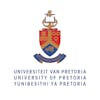
|
Hatfield , Pretoria, Gauteng, South Africa — University of Pretoria
|
|
|
|
| |
| |
| |
Would you like to republish any of these articles?
|
|
It’s free to republish, here are the guidelines.
Contact us on africa-republish@theconversation.com in case you need assistance.
|
| |
| |
| |
| |
|
|
|
|
|
|
|